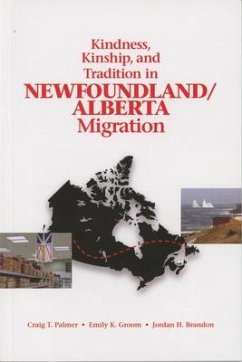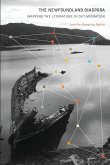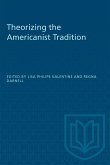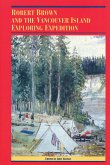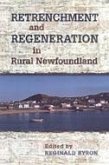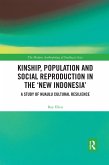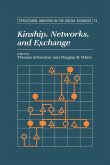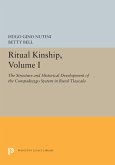Migration between Newfoundland and Alberta is transforming the social and cultural landscape of Canada. Newfoundlanders involved in this migration overcome the many challenges it entails with countless acts of altruism; ranging from supplying a place to live and help in finding a job, to providing a familiar meal or a ride home for Christmas. Although such kindness is a familiar part of human behavior, social scientists have struggled to explain it because they adhere to the assumption that all human behavior is driven by hedonistic self-interest. As a result, most social scientists only succeed in explaining human kindness away by arguing that what appears to be altruistic is really only an investment that will lead to future selfish gains. This book provides an alternative explanation of the kindness exhibited by Newfoundlanders as they overcome the obstacles inherent in migration. This new explanation incorporates cultural traditions into existing evolutionary explanations of altruism. This explanation, referred to as the descendant-leaving strategy hypothesis, explains human kindness as the result of our ancestors passing on cultural traditions encouraging each following generation of descendants to value the well-being of their kin as much as they value themselves. This hypothesis is supported by descriptions of how traditions of kindness, passed down through generations of Newfoundlanders, continue to influence the behavior of Newfoundlanders as they face the social and physical challenge of migrating to Alberta.
Hinweis: Dieser Artikel kann nur an eine deutsche Lieferadresse ausgeliefert werden.
Hinweis: Dieser Artikel kann nur an eine deutsche Lieferadresse ausgeliefert werden.

